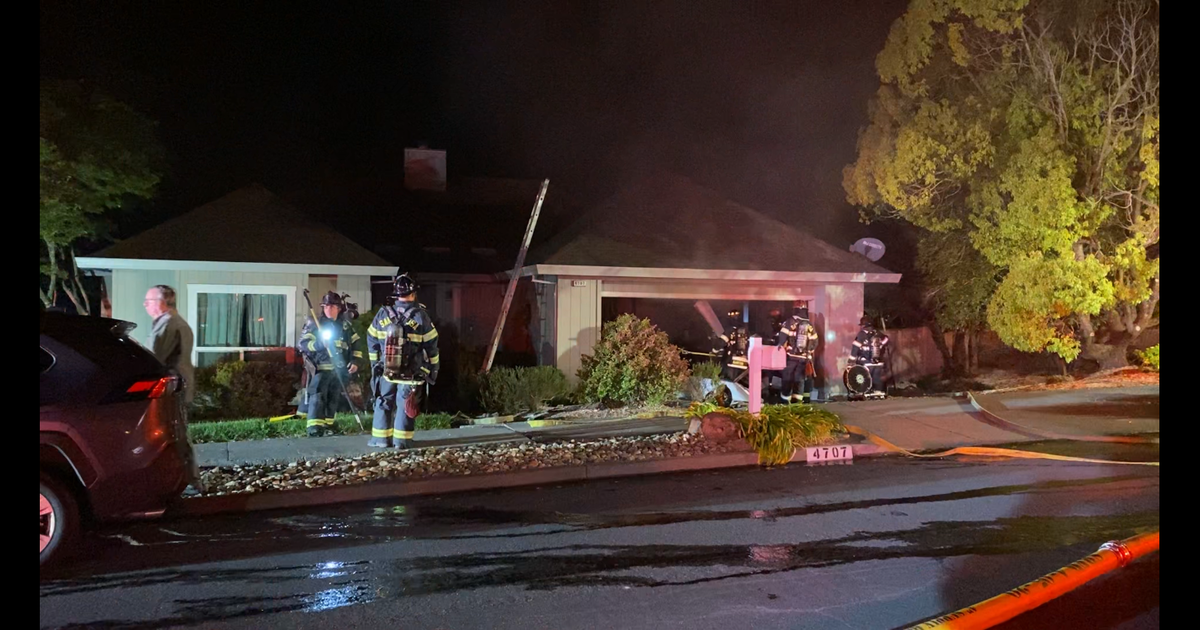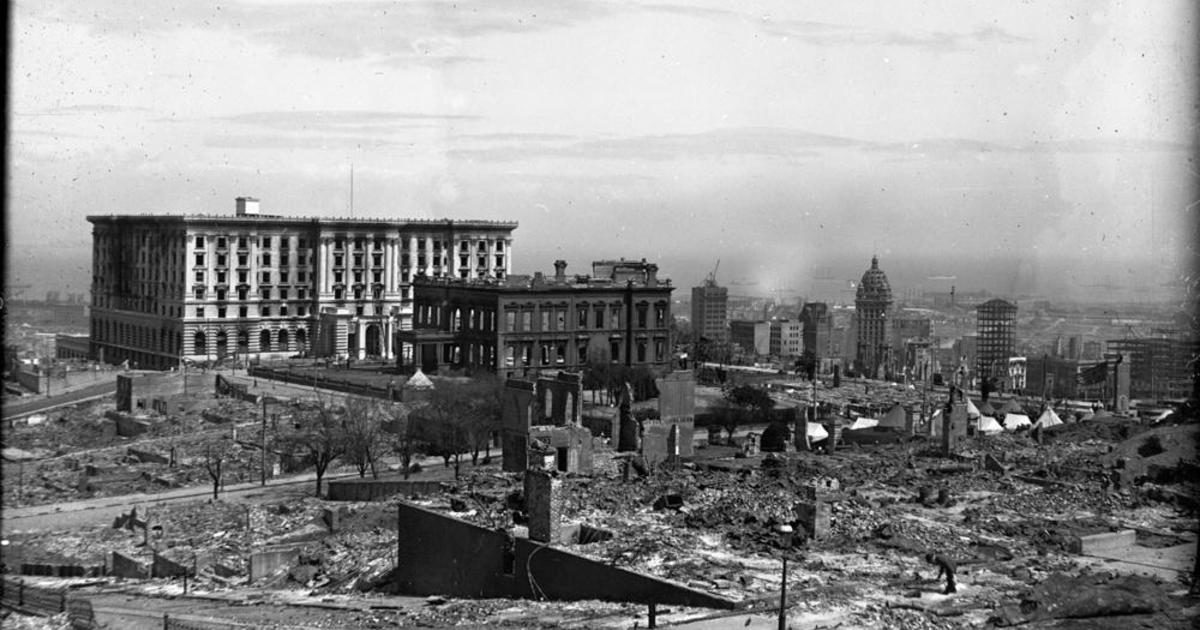Mother Nature Turning Up Heat In Bay Area; Temperature Records Could Tumble
SAN FRANCISCO (CBS SF) -- The San Francisco Bay Area, sandwiched between a pair of high pressure systems, began feeling the effects of the squeeze Wednesday morning as temperatures started climbing toward record levels.
The National Weather Service called it "mini-heat wave" and predicted it would move on by the weekend.
"For the next three days, the much advertised and talked about mini-heat wave is still on track," weather service forecasters said. "Wednesday will be the first real warm up with temperatures 5-15 degrees above normal. Highs will generally be 70s to low 80s at the coast and 80s to near 90. inland. Further warming is expected on Thursday.... Thursday has the greatest likelihood of breaking a few records."
But new records may be hard to come by because many were set in a similar heat wave in 1989. During that record heat, downtown San Francisco reached 91, Redwood City 90 and Gilroy 96.
"It should be noted that a similar heat wave occurred in early April back in 1989 and many of those records may still stand," the weather service said. "Therefore, it is uncertain how many records may or may not be broken."
Normally at this time of year, forecasters said, the average temperature in the Bay Area hovers around degrees so most areas will at 15-20 degrees over that by mid-week.
One other thing is for certain, with every passing high pressure system, the hillsides will dry out just a little bit more.
"The recent rains brought a brief reprieve on fire weather charts, but that will be quickly erased," the weather service said. "Heightened fire weather concerns will return by weeks end with warm, dry, and breezy conditions."
And as the temperatures soar, Bay Area residents may flock to local beaches. The weather service cautioned that a beach hazard warning would remain in effect until Wednesday night for the ocean shoreline from Point Reyes to Big Sur.
Northwest swell 11 to 14 feet at 13 to 15 seconds were expected with large breaking waves of 14 to 18 feet in the surf zone.
"Large shore break means that conditions are present to support large breaking waves in shallow water," the weather service warned. "These large breaking waves can lead to back and neck injuries. Swimmers should avoid swimming in areas of large shore break and always swim near a lifeguard."



